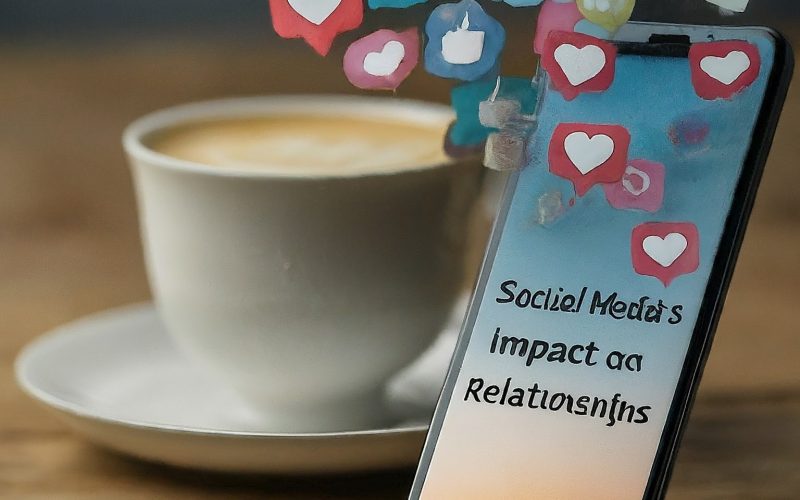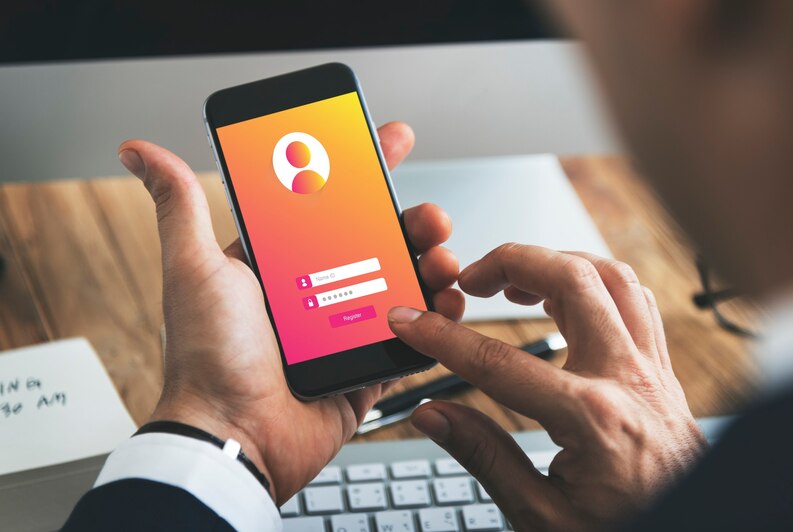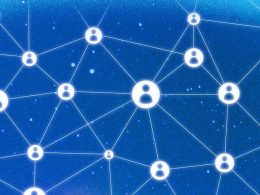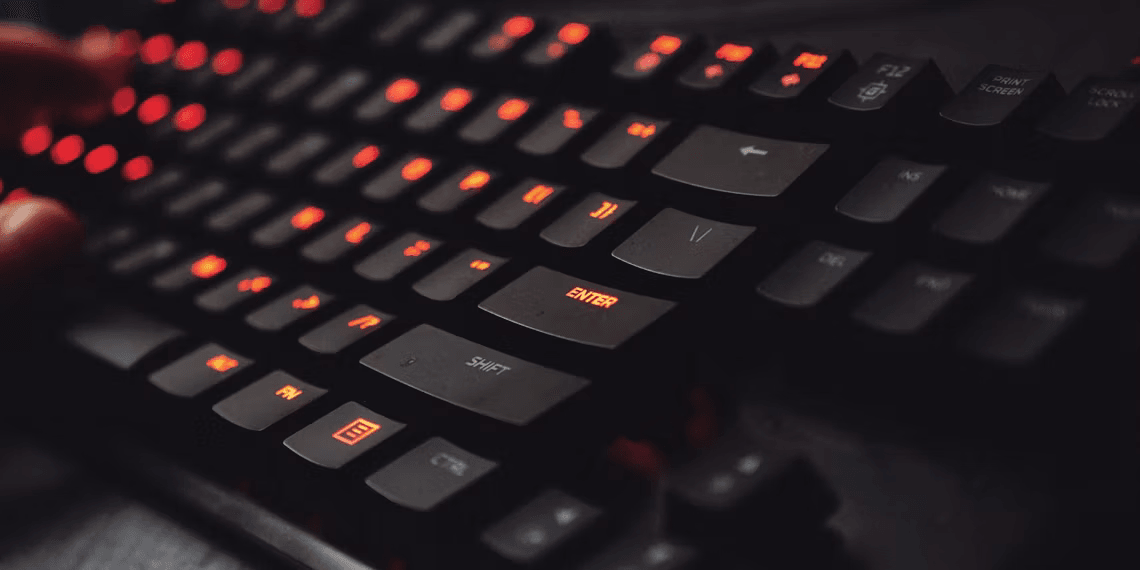Meet Dr. Sarah Jones
Dr. Sarah Jones is a renowned social psychologist with over 15 years of experience researching the intersection of technology and human interaction. Her work has been featured in leading publications and she’s passionate about helping people navigate the complexities of social media in today’s world.
Informative Table: Social Media’s Impact on Relationships
| Aspect | Positive Effects | Negative Effects |
| Connection | – Foster communication with distant friends and family – Build communities around shared interests – Create a platform for self-expression | – Can create feelings of isolation and loneliness – May lead to social comparison and envy – Difficulty gauging true depth of connections |
| Support | – Provide a space for finding support groups – Offer resources and information during challenging times – Allow for public displays of encouragement and empathy | – Cyberbullying and online harassment – Spread of misinformation and negativity – Difficulty offering genuine emotional support |
Beyond Likes: Social Media’s Impact on Relationships
Social media has become an undeniable force in our lives, fundamentally altering how we connect with others. From staying in touch with loved ones across the globe to finding communities based on shared interests, these platforms offer a wealth of opportunities for fostering connection. However, the double-edged sword of social media also presents challenges that can negatively impact our relationships.
In this article, Dr. Sarah Jones delves into the complex ways social media shapes our connections. We’ll explore how these platforms can bridge geographical divides and facilitate communication, while also acknowledging the potential pitfalls of curated online personas and the pressure to portray a picture-perfect life.
Connecting Across Continents: The Power of Social Media for Long-Distance Bonds
Social media allows us to maintain close relationships with friends and family who live far away. Regular video calls, instant messaging, and shared photos help bridge the physical distance and create a sense of closeness, fostering a feeling of being connected despite geographical separation.
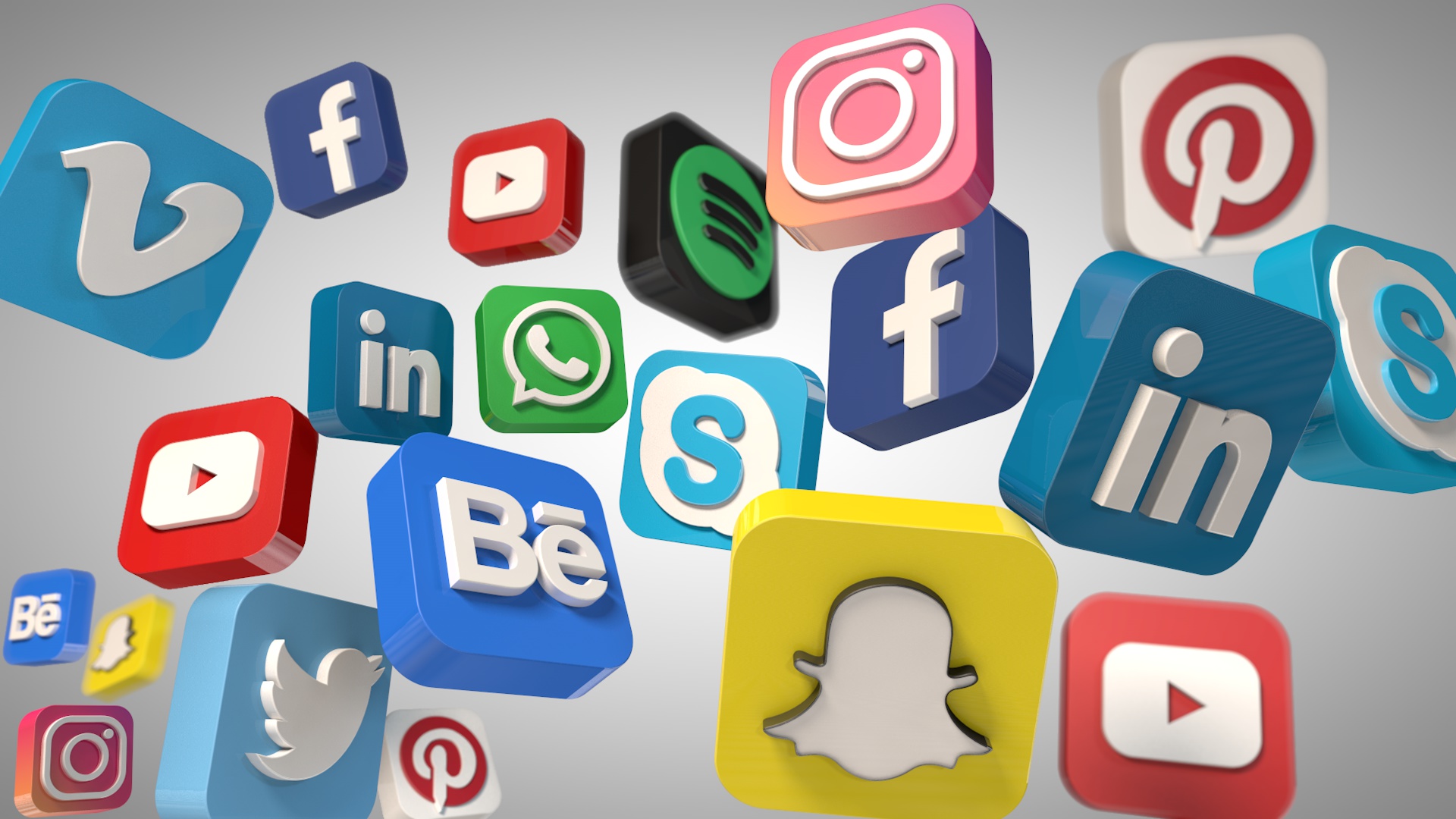
Curated Lives and Filtered Friendships: How Social Media Can Distort Reality
However, the carefully crafted online personas we present on social media can distort reality and create feelings of inadequacy. The constant barrage of seemingly perfect lives can fuel social comparison and the fear of missing out (FOMO), leading to feelings of isolation and dissatisfaction with one’s own life.
From FOMO to FOMO Sapiens: The Pressure of Online Perfection
Dr. Jones emphasizes the importance of being mindful of this phenomenon. She suggests the term “FOMO Sapiens” to highlight our inherent human tendency to compare ourselves to others. By recognizing this tendency and consciously curating our own social media experience, we can reduce the negative influence of FOMO.
Building Bridges, Not Walls: Fostering Authentic Connections in a Digital Age
Social media holds the potential to be a powerful tool for fostering genuine connections. By using these platforms to share our true selves, vulnerabilities, and imperfections, we create space for deeper and more meaningful interactions. Vulnerability breeds connection, and social media can be a platform to share authentic experiences and build stronger bonds.
Like/Comment/Love: Finding Balance in Your Social Media Relationships
The key lies in finding a healthy balance. Social media can be a valuable tool for connection, but it’s crucial to be mindful of its limitations. Stepping away from the perfectly curated online world and prioritizing real-life interactions with loved ones fosters stronger and more meaningful connections.
The Takeaway: Social Media as a Tool for Connection
Social media is a powerful tool that can shape our relationships in profound ways. By acknowledging its potential benefits and drawbacks, we can leverage its strengths to build stronger connections, foster support networks, and create a more positive and enriching online experience.
Remember: Social media is a tool, and like any tool, it’s up to us to use it effectively. Let’s use it to enhance our lives and cultivate meaningful connections, not to create a distorted






